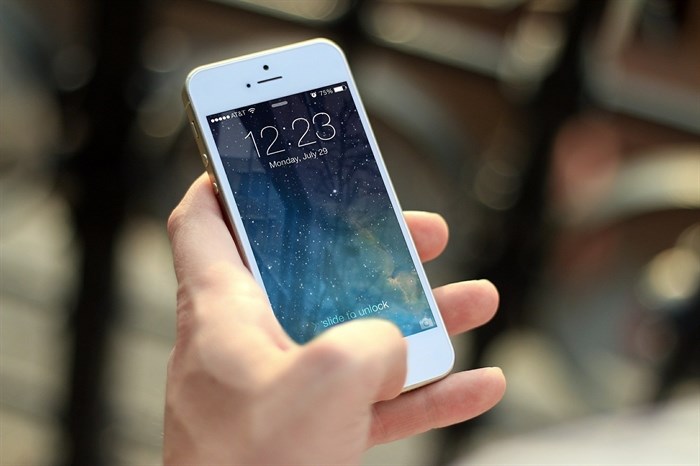
Image Credit: Pixabay
November 02, 2020 - 4:46 PM
Want to know if there’s been a case of COVID-19 near you? Well, there’s an app for that.
It’s just not in B.C. and for the time being deputy provincial health officer Dr. Reva Gustafson doesn’t think it’s needed, nor does the growing army of B.C.’s contact tracers.
“We reviewed that app very, very carefully and we reviewed it with people who do a lot of contact tracing and do it very, very well,” she said today, Nov. 2. “Based on the features of that app… it wasn't felt that at this point, in British Columbia, it would provide an additional benefit or would be of additional value to the existing contact tracing.”
When it comes to the pandemic and digital tools, Dr. Gustafson said health officials are learning every single day.
“While we may not have been entirely clear on what digital tools would be helpful for us in B.C., we are — as the pandemic evolves, as our skills and our workforce in responding to an epidemic of this size are evolving— actually identifying the digital tools that will be helpful for us, and those are being developed and rolled out as we speak.”
The app commonly used in Canada was rolled out on the August long weekend, using Ontario as ground zero. The app called COVID Alert is backed by Canada’s federal government and is one of 40-plus national apps being used around the world by different countries.
Contact tracing apps are designed to automatically tell users or public health officials whether somebody has potentially been exposed to COVID-19 and therein lies the problem.
“The app in its current state can inform an individual that they were exposed to COVID-19, but it is unable to notify and tell them when, how long, what they need to do, how intense that contact was, how close that contact was when (exposure) occurred and what they need to do about it,” Dr. Gustafson said.
“So one of our challenges is that, in order to act in a meaningful way on an exposure, you need to have some details about it so you know whether or not that's an actual exposure.”
She said that dictates whether someone needs to self isolate or whether there's a significant risk, “above and beyond the background risk.”
“We all know that COVID-19 is transmitted and circulating in our communities,” she said.
“So there's certain basic things that we all need to do all the time. We monitor our health, we isolate if we can we become sick, if we have any symptoms we stay away from people who are vulnerable we seek testing as necessary, we wash our hands. we wear masks. All of these things are basic things that we all need to do.”
So, she said, being told that you were near someone with COVID-19 doesn't change any of that.
“It's what you would be doing as a background activity all the time,” she said. “What we're working toward in British Columbia and with our federal partners, is to improve these tools to allow us to provide information to people that is in addition to that background information.”
Ideally, an app would be a digital tool providing people with information that would change their behaviour as needed.
To contact a reporter for this story, email Kathy Michaels or call 250-718-0428 or email the editor. You can also submit photos, videos or news tips to the newsroom and be entered to win a monthly prize draw.
We welcome your comments and opinions on our stories but play nice. We won't censor or delete comments unless they contain off-topic statements or links, unnecessary vulgarity, false facts, spam or obviously fake profiles. If you have any concerns about what you see in comments, email the editor in the link above.
News from © iNFOnews, 2020